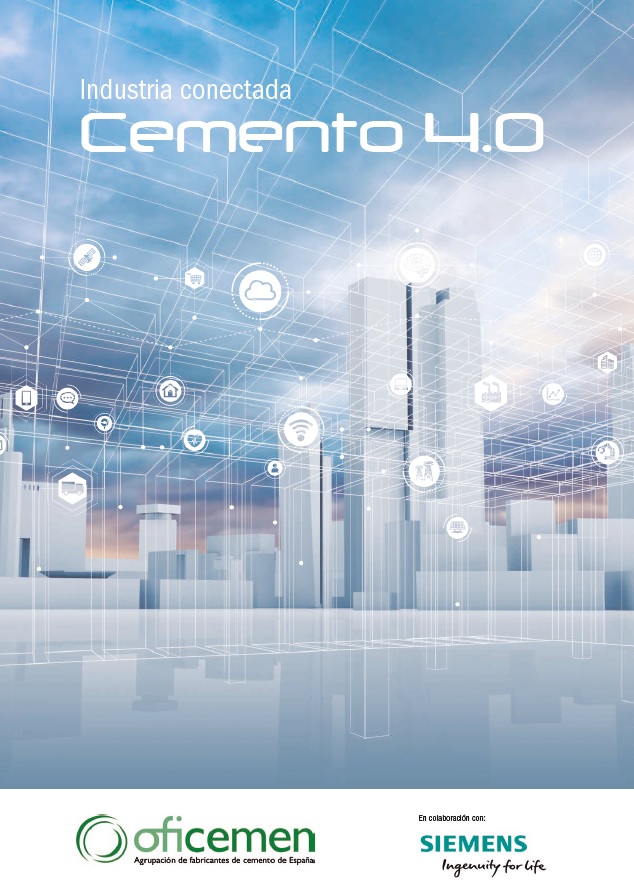Research and innovation
Implementing the very latest technologies positions Spanish cement manufacturers as benchmarks for the rest of the world
The Agrupación de Fabricantes de Cemento de España, as the representative of a modern industry, constantly evolving and on the lookout for the latest technologies, lends its support to research and innovation as one of its strategic lines of progress. With this type of initiative, the sector is endeavouring to remain at the international forefront in applying the best techniques available and developing innovative products so that it can make its evolution compatible with sustainable development.
Courses of Action
The cement industry is immersed in ongoing research to find ways to improve the quality of its products and reduce their negative environmental impact. Devoting time and significant resources to innovation projects in a wide range of areas. The aim of all the projects is to improve environmental performance, reduce CO2 emissions, and improve energy efficiency. These projects range from capturing and reusing carbon in the manufacture of clinker, to developing cements with a low carbon content, as well as combating climate change and saving on the utilisation of fossil fuels.
The main lines of research and innovation undertaken by the cement industry are as follows:
- Reducing and controlling emissions
- Innovation in sustainable quarry management
- Production of more sustainable cement, minimising the use of natural resources
- Improving energy efficiency in the production process
- Applying nanotechnology to create concretes with new benefits
- Logistical optimisation of the product and the raw materials
- Developing ecologically efficient products or solutions for construction purposes (buildings and public works)
- Supporting the design and aesthetics for the end products
Cement 4.0.
Cement 4.0. is a sample of our sector’s ability and determination to undertake a paradigm shift which, beyond transformations in production processes, services and products generated for customers and society, also includes business model development, new forms of customer relations and value creation for customers, as well as the fields of staff training and capacity-building.
This transformation in the cement industry is driven by mass-data processing, real-time connectivity, on-demand custom production and a framework for smart plants. Cement 4.0. has its sights on optimising the use of raw materials and energy while enhancing information flows with higher efficiency so as to generate solutions for construction that meet the demands of the 21st century society, with high performance and greater added value in technical features and environmental contributions.
In partnership with SIEMENS, S.A. (Cement Department), in this document we have sought to set out a few existing examples of digitalisation in the cement industry along with some interesting reflections on the challenges faced by the sector, which may and indeed should carry on adapting its processes, products and business models to new technologies in an ever more competitive and complex environment, with many new opportunities.

